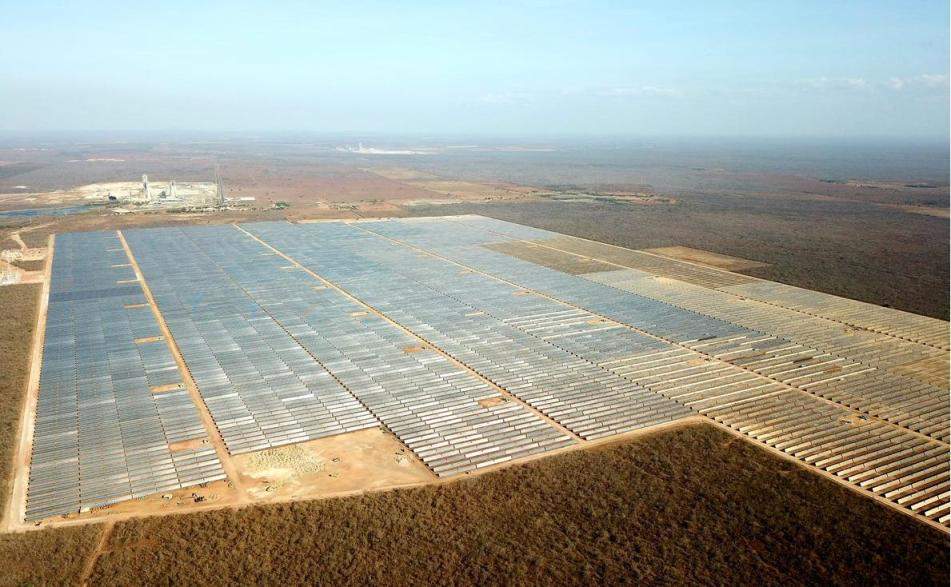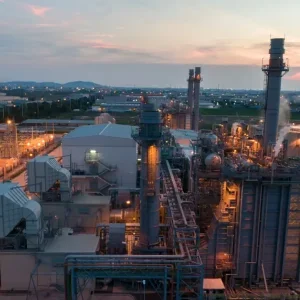
The Apodi solar plant is located in the municipality of Quixeré, Ceará State in the country. The solar plant is supported by 20 year power purchase agreement (PPA) with CCEE, the Brazilian Power Commercialization Chamber.
The solar plant can generate about 340,000MWh of clean electricity annually, which is equivalent of powering more than 170,000 Brazilian households, while avoiding nearly 200,000 tons of CO2 emissions into the atmosphere, annually.
Equinor new energy solutions executive vice president Pål Eitrheim said: “This is a strategic milestone for Equinor. The Apodi project was our first step into the solar industry. With the plant now in operations and through our excellent collaboration with Scatec Solar, we are complementing Equinor’s portfolio with profitable solar energy.
“Apodi adds to our portfolio in Brazil, a core area for the company. This also shows that we are well underway on our journey to become a broad energy company turning natural resources into energy for people and progress for society.”
In October 2017, Equinor acquired a 40% stake in the construction of the solar plant. In the same month, Scatec Solar formed a 50/50 Joint Venture (JV) with Equinor to build, own and operate large scale solar plants in Brazil. The JV is responsible for operations and maintenance along with asset management of the solar plant.
The Apodi Solar plant is owned by Scatec Solar and Equinor with 43.75% each. The remaining 12.5% is owned by Apodi Participações, a holding company formed by Brazilian companies Z2 Power, Pacto Energia and Kroma Energia.
Scatec Solar CEO Raymond Carlsen said: “We have successfully realized our first solar power plant in Brazil and yet again confirming our strong track record as an independent solar power producer.
“We see significant potential for further growth in Brazil and other parts of Latin America, and we will soon start construction of a new 117MW solar plant in Argentine in partnership with Equinor.”
In October, Scatec Solar secured two new projects in Ukraine with a total capacity of 121MW. These projects will be realized under the country’s Feed-in-Tariff (FiT) scheme and they could generate about 155,000MWh of clean electricity per year.






